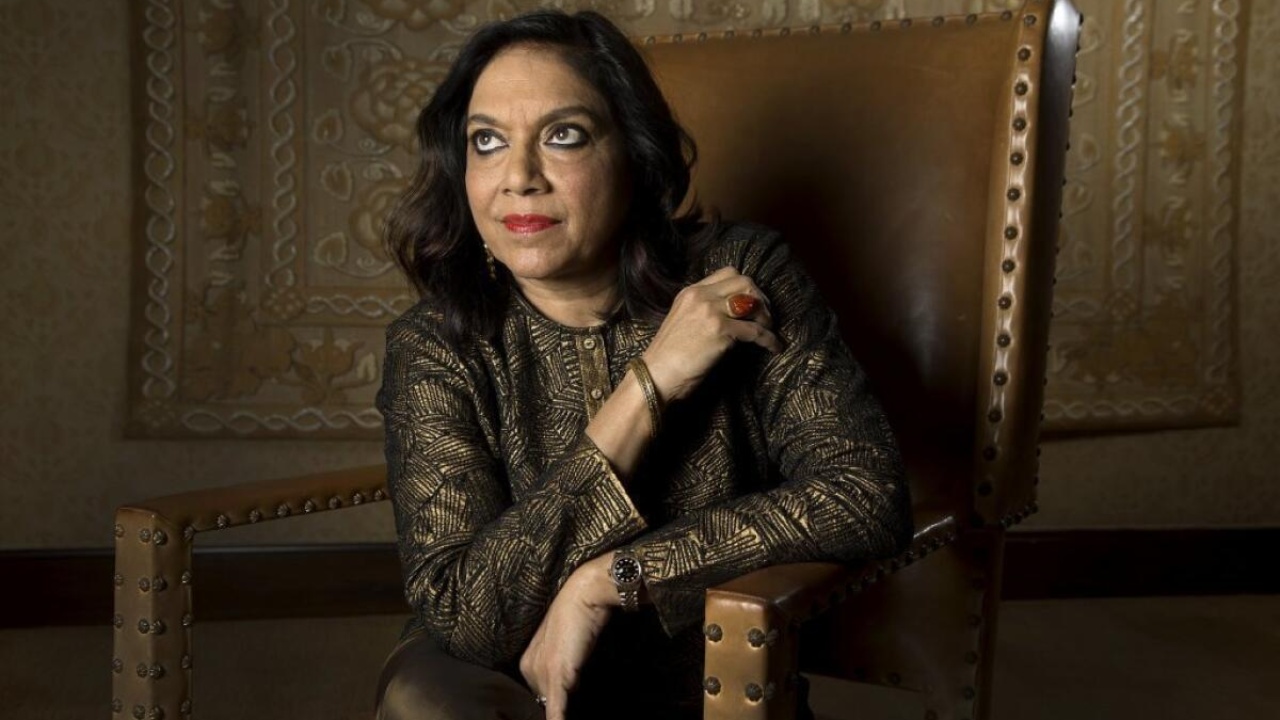Mira Nair stands as a towering figure in global cinema, a director who has masterfully bridged Hollywood, Bollywood, and independent film for decades. As of 2025, her career is a vibrant tapestry of cross-cultural stories, critical darlings, and box office successes that have not only earned awards but have also shifted perspectives. With her son, Zohran Mamdani, recently making headlines in his own political career, Nair’s influential legacy is once again in the spotlight, reminding us of the powerful stories she has brought to the screen from the streets of Mumbai to the slums of Kampala.
Her journey from a sociology student in Delhi and Harvard to an Oscar-nominated filmmaker is marked by a consistent focus on the margins—on immigrants, street children, and those navigating the complex spaces between cultural identities. She has built her reputation not on blockbuster budgets, but on artistic integrity, creating films with such impact that their collective cultural weight far exceeds their modest production costs. Through her production company, Mirabai Films, and her philanthropic work, Nair has ensured that her success also fuels the next generation of storytellers.
A Filmography of Cultural Bridges and Critical Acclaim
Mira Nair’s filmography is a testament to her documentary roots and her passion for authentic, human-scale stories. Her breakthrough came with the gritty and poignant “Salaam Bombay!” (1988). Made for a mere $450,000 and shot with real street children, the film was a sensation, earning an Academy Award nomination for Best Foreign Language Film and winning the prestigious Caméra d’Or at the Cannes Film Festival. The film’s success was so profound that Nair used its proceeds to establish the Salaam Baalak Trust, a non-profit that continues to support street children in India.
You Might Like: Mary Sheffield on Life, Love, and Family Legacy
She continued to break new ground with “Mississippi Masala” (1991), a tender interracial love story starring Denzel Washington and Sarita Choudhury. The film, which explores themes of migration and prejudice within and between communities, was a critical success and won several awards at the Venice Film Festival. However, her most significant commercial and critical triumph came a decade later with “Monsoon Wedding” (2001).
This vibrant, chaotic, and joyful film about a Punjabi wedding was shot in just 30 days on a budget of about $1.5 million. It became a global phenomenon, grossing over $30 million worldwide and winning the top prize, the Golden Lion, at the Venice Film Festival, making Nair the first female director to ever receive the honor.

Nair’s other essential films include:
- “The Namesake” (2006): A deeply personal adaptation of Jhumpa Lahiri’s novel, this drama sensitively explores the generational clashes and identity struggles of a Bengali family immigrating to the United States.
- “The Reluctant Fundamentalist” (2012): A political thriller based on Mohsin Hamid’s novel, featuring a standout performance by Riz Ahmed as a Pakistani man grappling with his identity in post-9/11 America.
- “Queen of Katwe” (2016): This uplifting Disney biopic tells the true story of Phiona Mutesi, a chess prodigy from the slums of Uganda. The film was met with widespread critical praise.
Also See: Mikie Sherrill’s Crew: Governor-Elect’s Life as a Mom of Four
Net Worth and Lasting Legacy in 2025
When it comes to her financial success, Mira Nair’s career reflects a conscious choice of art over astronomical profit. While some online estimates place her net worth at around $5 million, others suggest a higher figure. What is more telling is the source of her wealth: it’s accrued not from massive studio paychecks but from the revenues of her independent production company, Mirabai Films, along with royalties, grants, and her work as a director and producer. This is a fortune built on passion projects that she believed in, sometimes even turning down major Hollywood offers like directing a “Harry Potter” film to tell the stories that truly mattered to her.
Her legacy in 2025 extends far beyond her bank account or filmography. She is a dedicated activist and mentor. In 2005, she founded the Maisha Film Lab in Uganda, a free training initiative for emerging East African filmmakers, living by its motto: “If we don’t tell our stories, no one else will.” Her influence was formally recognized by the Indian government with the Padma Bhushan, one of the country’s highest civilian honors, in 2012.
Today, Mira Nair remains actively engaged in film and theatre, with projects like a musical adaptation of “Monsoon Wedding” and new series for streaming platforms in the works. Her career is a powerful reminder that the most enduring success is measured not just in dollars but in the stories you tell and the lives you impact.



